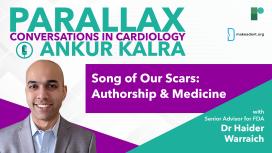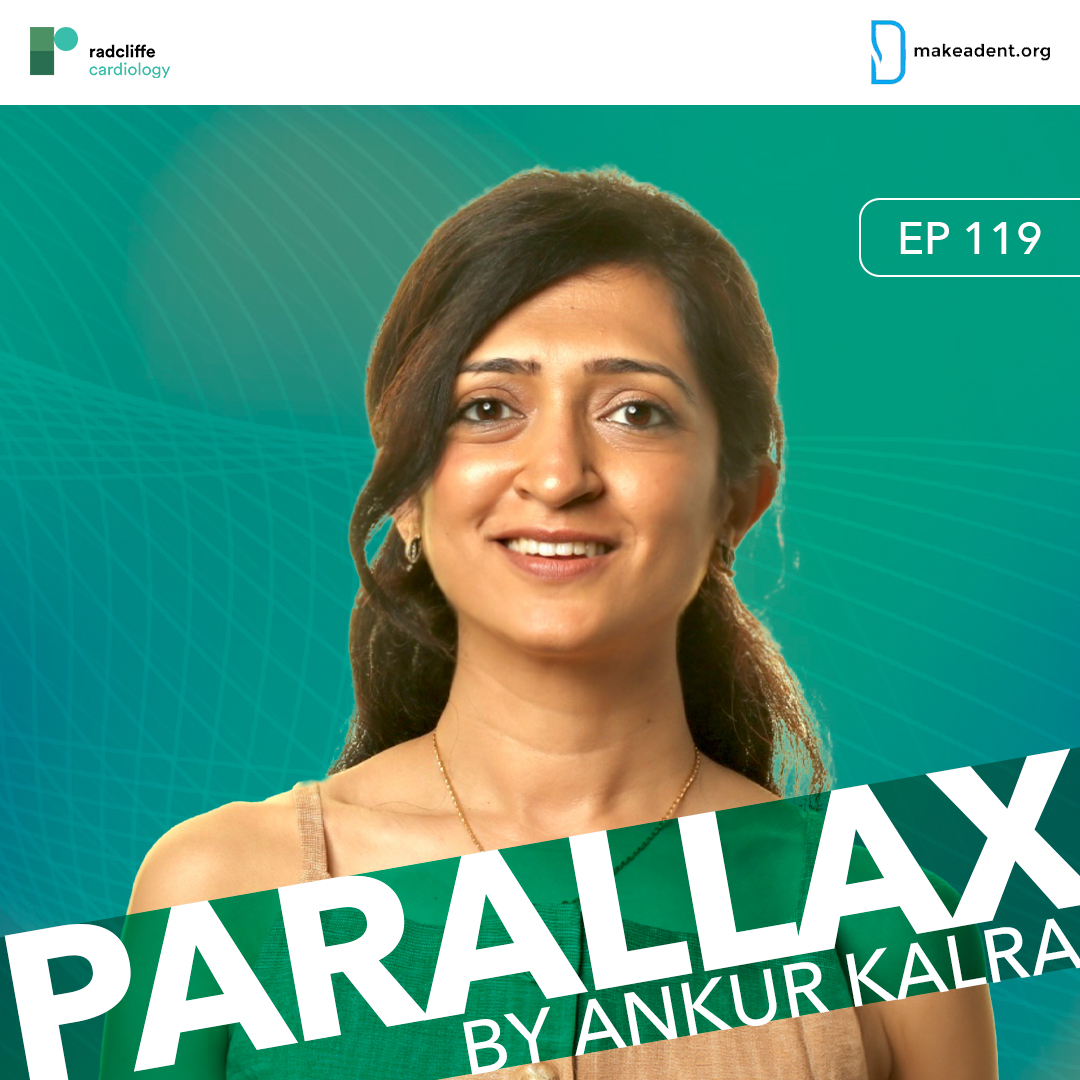
In this episode of Parallax, Dr Ankur Kalra reunites with Dr Purvi Parwani for a deep dive into the groundbreaking data unveiled at ESC Congress 2024.
Dr Parwani, Director of the Women's Cardiovascular Disease Clinic and a leading expert in her field, serves as Associate Professor of Medicine and Director of the Echocardiography Laboratory for Advanced Cardiovascular Imaging at Loma Linda University Health.
Dr Parwani offers a comprehensive analysis of the most impactful trials presented at the congress. She delves beyond the headlines, exploring the practical implications these findings hold for the future of patient care. Dr Kalra and Dr Parwani engage in a stimulating discussion, comparing the new data to prior research and exploring how these insights can be translated into real-world improvements for our patients.
Key Trials included:
- MATTERHORN: Transcatheter versus surgical mitral valve repair in patients with heart failure and secondary mitral regurgitation (NCT02371512)
- RESHAPE-HF2: Percutaneous repair of moderate-to-severe or severe functional mitral regurgitation in patients with symptomatic heart failure (NCT02444338)
- TRI FR: Multicentric randomised evaluation of the transcatheter edge-to-edge repair in the treatment of severe isolated secondary tricuspid regurgitation (NCT04646811)
- RHEIA: Transcatheter versus surgical aortic valve replacement in women with severe aortic stenosis (NCT04160130)
- SENIOR RITA: Older patients with non-ST segment elevation myocardial infarction randomised interventional treatment trial (NCT03052036)


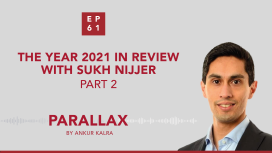
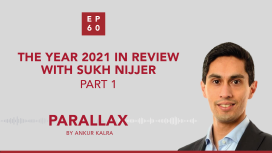



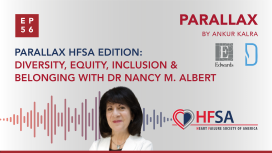



In this candid episode of Parallax, Nasrien and Ankur open up about their experiences of being an immigrant. Ankur asks Nasrien about her journey to medicine. Nasrien shares the lessons she took away from her years under the mentorship of Dr JoAnn Lindenfeld and later, Dr. James Januzzi. Finally, Nasrien shares her recent experience of writing Sparkplug and how she embraced life with its imperfections and found her purpose.

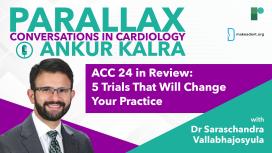
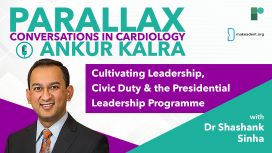
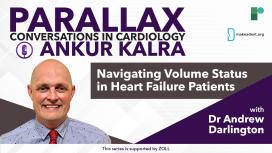
Together, Dr Kalra and Dr Darlington delve into the significance of assessing volume status in patients with heart failure, highlighting its continued relevance in 2024, including the availability of new diagnostic tools, including the Heart Failure Management System (HFMS).
This series is supported by ZOLL and is intended for Health Care Professionals.
